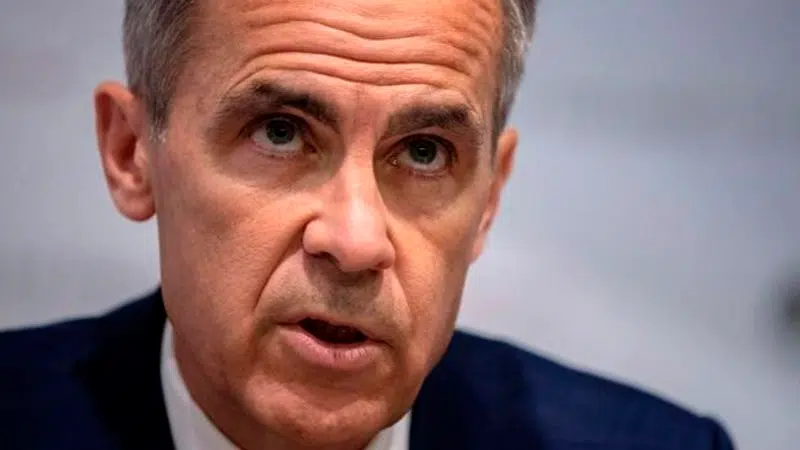
Bank of England says Brexit uncertainties ‘more entrenched’
LONDON — The probability that Britain’s economy slips into recession early next year is rising even if the country manages to negotiate a smooth and orderly exit from the European Union in the weeks ahead, the Bank of England warned Thursday.
With Brexit uncertainties becoming “more entrenched” as evidenced by the slide in the pound to 30-month lows, and the global backdrop deteriorating because of the trade conflict between the U.S. and China, the bank warned in its quarterly economic projections that there is now a one-in-three chance that Britain could end up in recession in 2020 even if a no-deal Brexit is avoided. The last time the risk of recession was this high was August 2016, just after Britain voted to leave the EU.
While unanimously opting to keep the bank’s main interest rate on hold at 0.75%, the nine-member policymaking panel said heightened fears about the possibility of a disorderly and disruptive no-deal Brexit on Oct. 31 were hobbling growth and set to keep already-weak business investment further in check over the coming months.
“Global trade tensions have intensified, global activity has remained soft and the perceived likelihood of a no-deal Brexit has increased significantly,” Bank of England Governor Mark Carney said.


